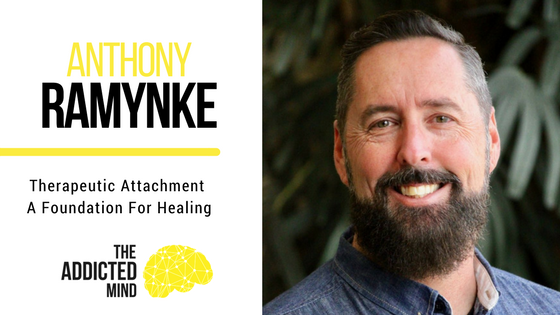Tony is a Licensed Marriage and Family Therapist (LMFT) based in Tustin, California. He specializes in couple’s work and sex addiction. Tony believes that his clients have the answers to the problems they face. His job is not to analyze, motivate, or give advice. The foundation of his work is a commitment to creating intimate and safe relationships with his clients. The growth will follow.
In the early days of psychoanalysis, the therapist was distant and removed. Eye contact was forbidden. The analyst’s job was to be invisible and to interpret whatever the patient presented. Winnicott came along and made the child’s early caregiver experiences the center of his psychology. He claimed that a child’s parenting experience at an extremely young age would have a tremendous impact on their wellbeing and future relationships. Ainsworth and Bowlby created a typology of relational styles that develop out of these early experiences which is foundational to modern psychology.
With the help of neuroscience, we now understand the underlying biology of this early attachment trauma. When a child doesn’t have an attuned caregiver in their early years, they don’t learn to tolerate distress. As adults, they become easily dysregulated. Their limbic systems are on high alert for potential threats without cause. Their prefrontal cortex is unable to intervene. As a result of unattuned early caregivers, they become adults who can’t deal with stress.
The therapist’s job is to reparent the client. To offer them the empathy and compassion that was missing. Successful therapy allows the client to develop new tools for processing stress. On a neurological level, the client develops the ability to regulate stress without turning to harmful coping mechanisms. In the process, the therapist helps the client recognize the patterns in their relationships and where these come from. The client develops new patterns, new ways of developing intimate relationships.
There isn’t a guide or a step-by-step formula for healing attachment trauma. The relationship is the medicine. Developing a quality relationship with a therapist and putting in the time is how we move forward.
In this episode we also talk about:
- How addictions and compulsions compensate for poor self-regulation
- The impact of Carl Rogers’ Person-Centered Therapy on Tony’s philosophy
- Can therapists learn to attune empathically? Is it a skill or a personality trait?
- Recognizing an unhealthy therapeutic relationship, and what to do about it
Contact: yourtherapistanthony@gmail.com

